Speakers
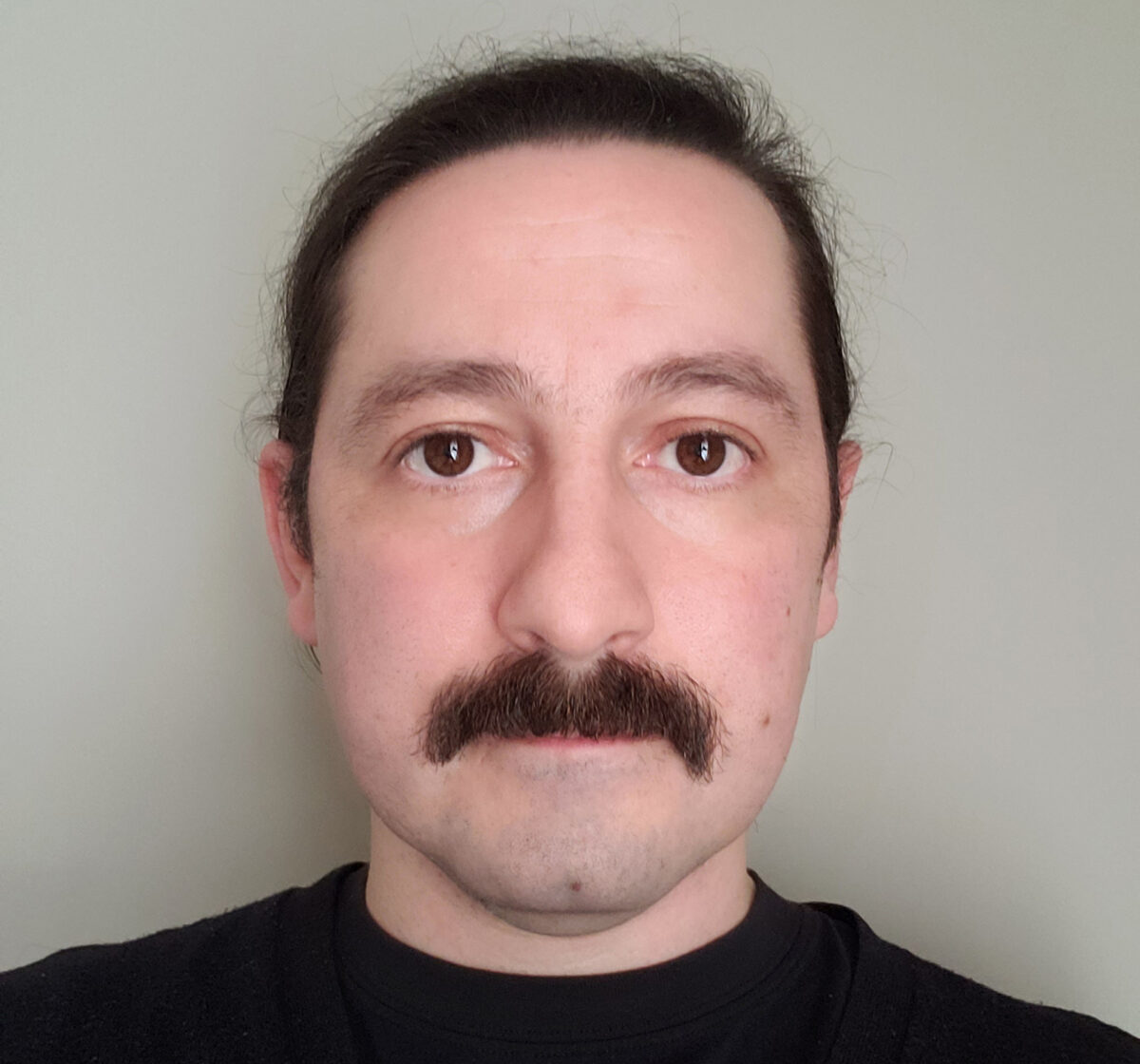
Ilijc
Albanese
Dr. Ilijc Albanese holds a Master Degree in Electronics Engineering from the Third University of Rome (“Roma Tre”, Italy) in Optoelectronics, and a Ph.D. from the University of Victoria (UVic) in Electrical and Computer Engineering, specializing in Networking Systems Engineering. During his postdoctoral work at UVic he focused on data-center networking technologies, and traffic modeling. He joined the TELUS team in 2016.
As a Senior Engineer at TELUS Dr. Albanese is responsible for the evaluation and onboarding of new and emerging technologies. He is actively involved in the testing and implementation of PQC, QKD systems, and in the development of hybrid, quantum-safe encryption methods. His research interests are Network Traffic Modeling and Engineering, Quantum Computing, and Machine Learning.
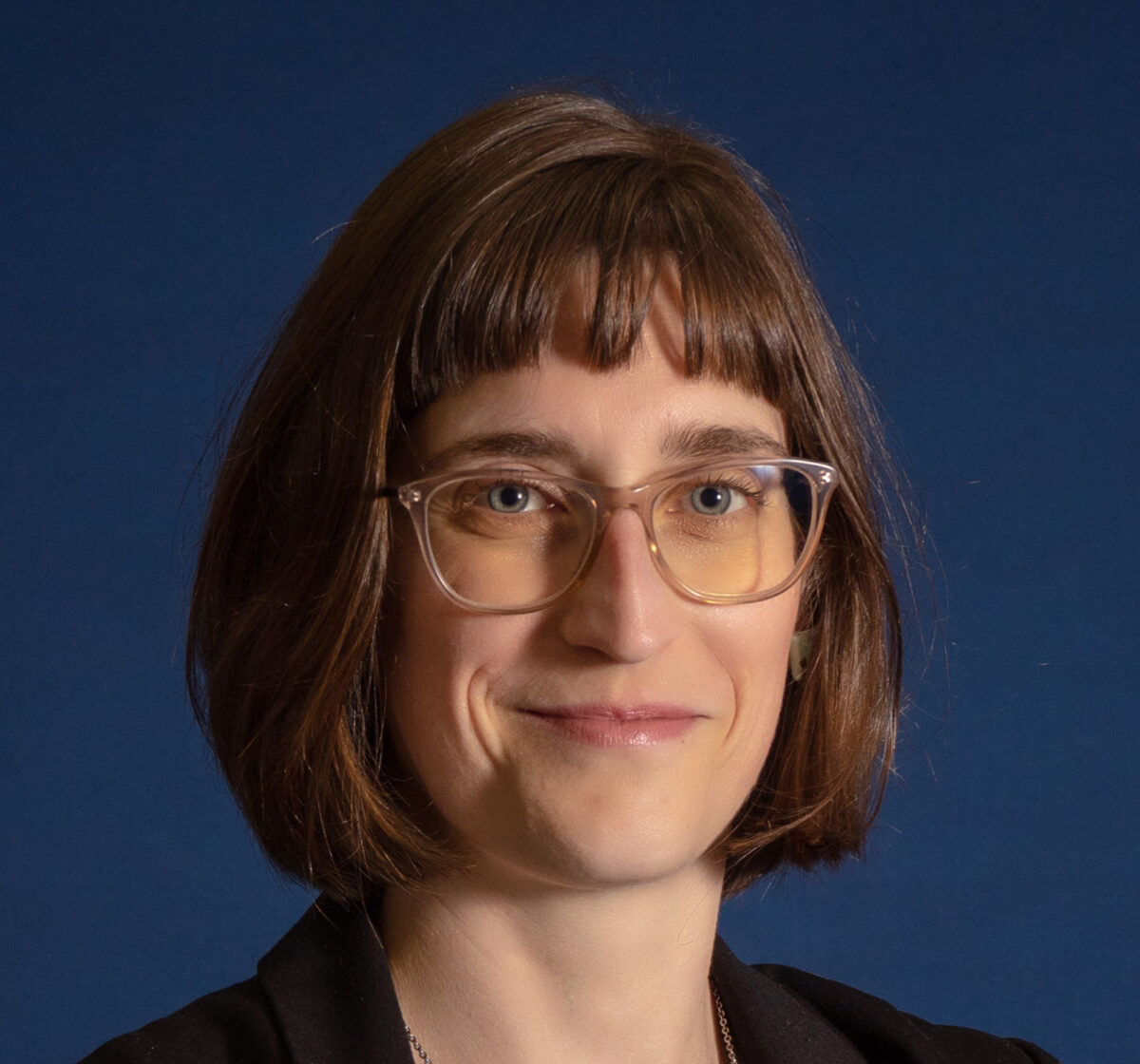
Chloé
Archambault
Chloé Archambault is a partner at Quantacet, a venture capital firm based in Quebec, Canada dedicated to early-stage startups in quantum technology. Before that, she was part of the quantum engineering team developing superconducting quantum processors at Anyon Systems. Chloé also has many years of experience in business development, intellectual property and technology transfer. At Quantacet, she combines her technical and business skills to propel the next generation of quantum startups ready to disrupt society for the greater good. Chloé is also highly involved in the quantum ecosystem around Sherbrooke, Quebec where she contributes to a number of initiatives aiming at supporting quantum startups, namely a startup studio, a startup accelerator as well as shared R&D facilities available for startups.
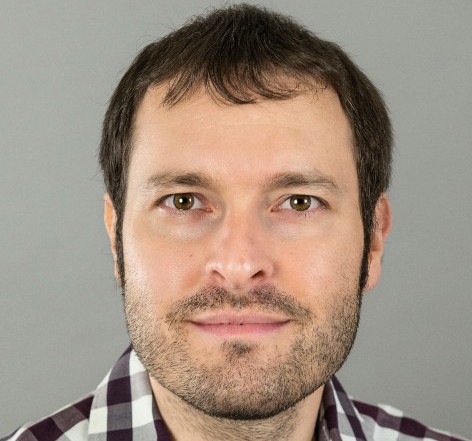
Yuval
Baum
Dr. Yuval Baum is the Head of Quantum Computing Research, at Q-CTRL. Leveraging his expertise in quantum physics, machine learning and control theory, Yuval has led the development of AI driven methods and tools that were repeatedly tested on real quantum computers leading to transformational improvements in algorithmic performance and successful demonstrations of early quantum utility. Prior to joining Q-CTRL, Yuval was a research fellow at the Institute for Quantum Information and Matter at the California Institute of Technology (Caltech) were he studied different aspects of quantum dynamics and applications of machine learning in quantum physics.
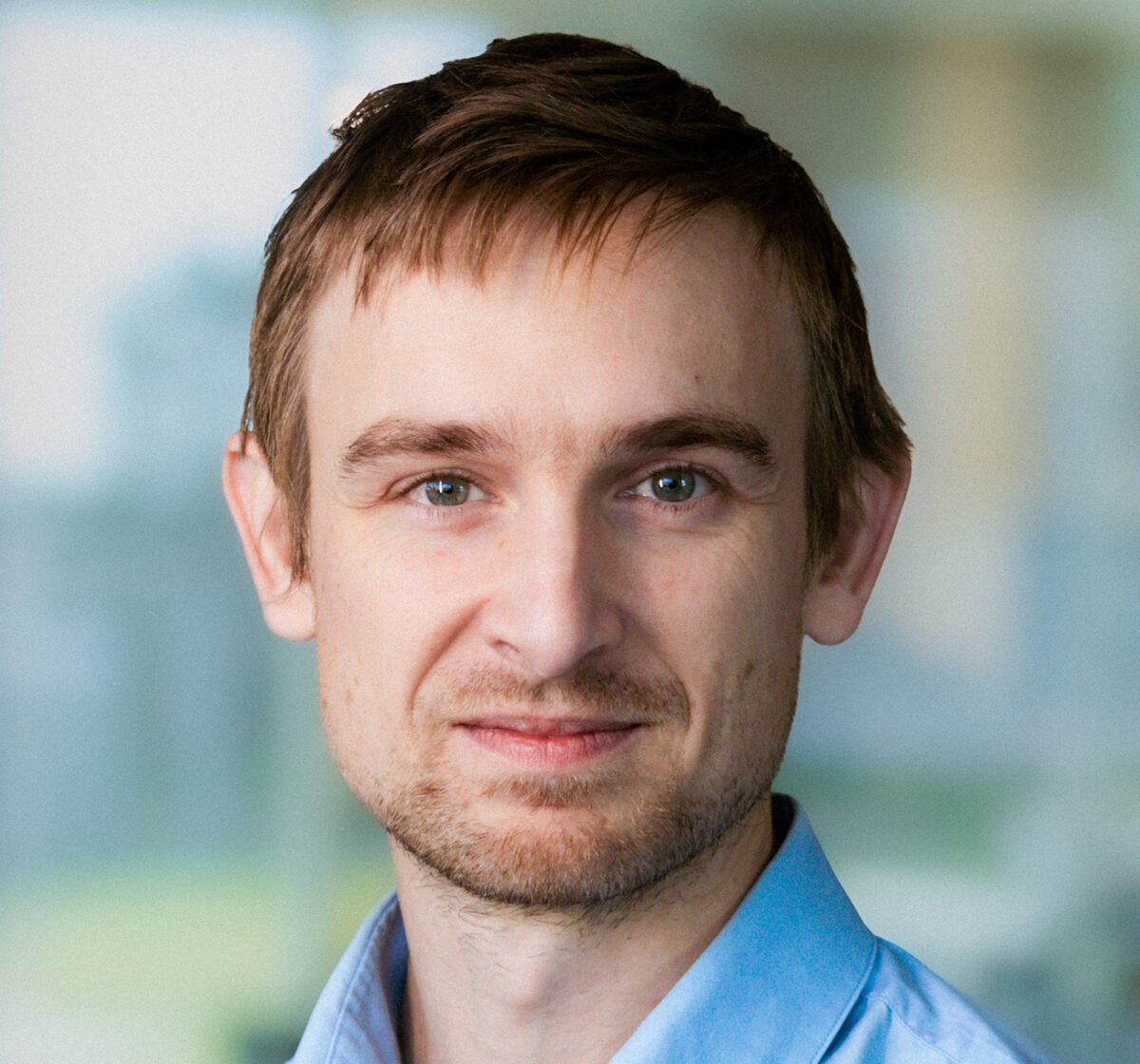
Julien
Camirand Lemyre
A Co-founder of Nord Quantique, Julien Camirand Lemyre holds a PhD in physics and has nearly 10 years experience in vertical systems integration for quantum computing. As Chief Technology Officer, Julien brings a unique vision of technology development in synergy with quantum ecosystems, driving collaboration and innovation in the sector. Thanks to his leadership, the Nord Quantique team has made significant progress towards reducing error rates in quantum computers.
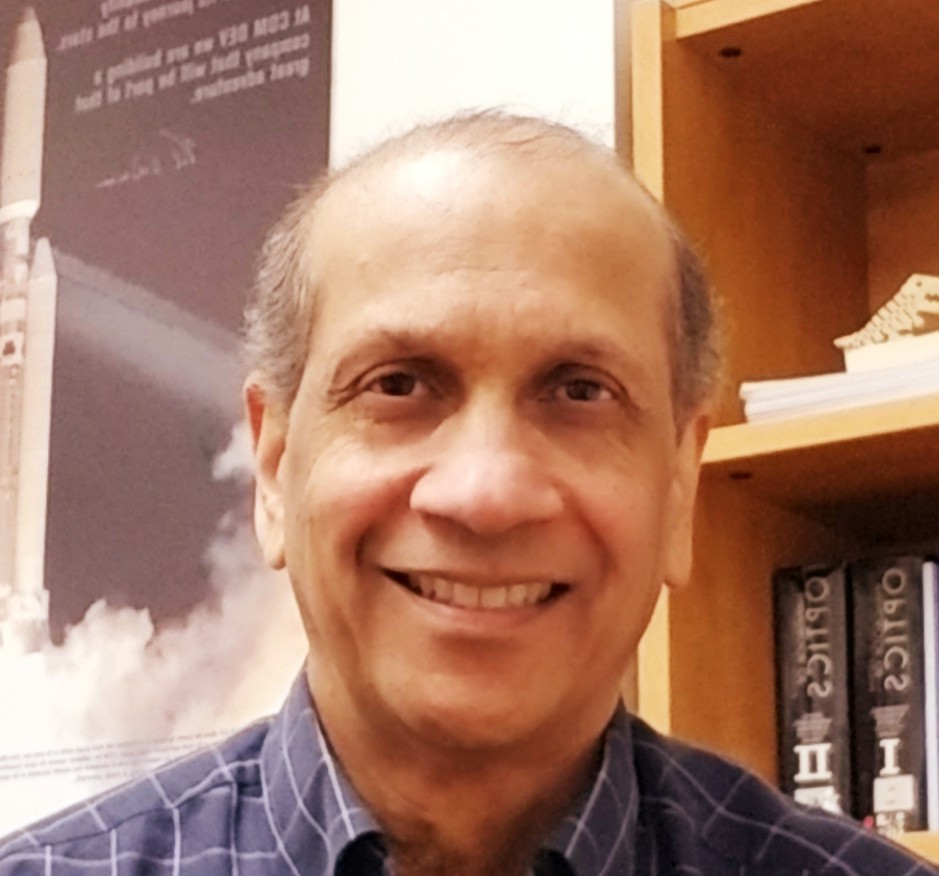
Ian
D’Souza
Ian D’Souza is a physicist and Fellow at Honeywell Aerospace. He is also a Director of the Canadian Association of Physicists (CAP) board, and is a member of the National Quantum Strategy advisory council.
One of his roles at Honeywell is Mission-Science lead for the end-to-end quantum system design and operations for the QEYSSat mission, funded by the Canadian Space Agency. Dr. D’Souza initiated and managed Honeywell’s entry into the QKD-from-space technology development in 2009, in collaboration with the Institute for Quantum Computing (IQC), on a program funded by Defence Research and Development Canada (DRDC). In his other role he provides advice and direction on quantum and other technology and strategic business development at Honeywell, which is active in the three pillars of quantum communication, quantum sensors, and quantum computing.
His background in theoretical physics, and experience in space-systems engineering has led him to play critical roles in start-up ventures, space industry spin-offs, new materials development, as well as designs for space communication systems. He holds patents in surface acoustic wave design, secondary-electron damping surface coatings, and satellite constellation architectures. He is used to a world where a juxtaposition of physics theory engages with real-world engineering problems and customer needs and applications – this is exactly where Quantum 2.0 currently lives.
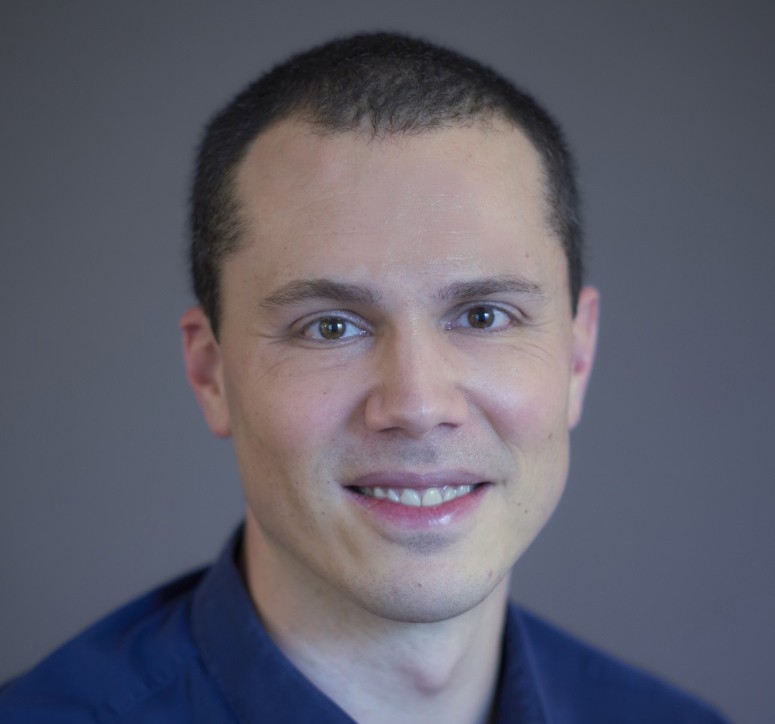
Raphael
de Thoury
Raphael de Thoury has spent the last 20 years of his career as a CEO of deep tech companies, innovation director in medium-sized groups, and senior entrepreneur in top-ranked tech transfer and startup incubators.
He has joined Pasqal as the CEO of their Canadian subsidiary, where he is responsible for setting up PASQAL’s facility and technical center in Sherbrooke to serve North-American customers. This subsidiary will enable PASQAL to develop new commercial applications, particularly in the fields of energy, mobility, and materials for academic and industrial users.
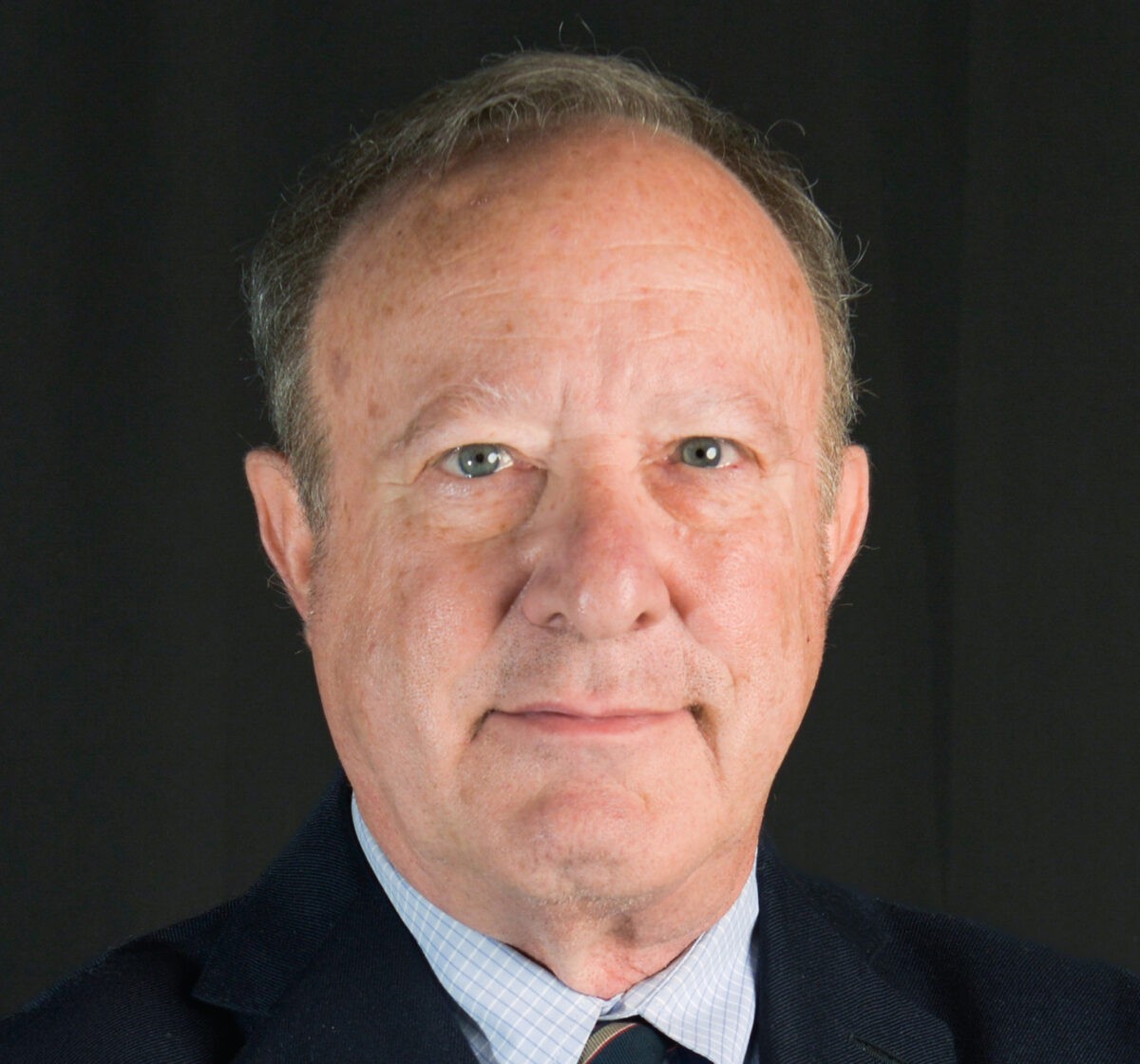
Doug
Finke
Managing Editor, Quantum Computing Report
Doug Finke is the Chief Content Officer for Global Quantum Intelligence (GQI), a leader in business intelligence focused on the quantum industry. GQI was formed as a merger between three quantum analyst organizations including the Quantum Computing Report (QCR), which Doug founded in 2015. Previously, Doug was employed in the computer, semiconductor, and storage industries for over 30 years where he helped drive the growth of many new technologies during this period. Doug has served as the Chief Operating Officer of the startup company, IntelliSense and helped sell the company at a valuation of $750 million. As Vice-President of Marketing and Business Development at the semiconductor startup ChipWrights, Doug helped raise $25 million in venture capital funding. Other important firms for whom Doug has worked include IBM, Intel, and HGST/Western Digital. Doug holds degrees in computer engineering and management from the University of Illinois and MIT, respectively.
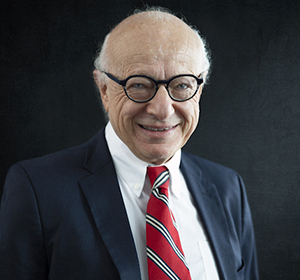
Lawrence
Gasman
Lawrence Gasman is the founder and President of Inside Quantum Technology. He has authored industry analysis reports on quantum key distribution, quantum computing, quantum networks, and quantum sensors and numerous studies on high-speed interfaces for high-performance computers. He also served on a panel at the Q2B conference in 2017; the first ever business-oriented quantum computing conference. Lawrence has been tracking commercialization of new technologies for 35 years and has written four books in this area. His consulting work has included both major multinationals and high-tech start-ups as clients and he has also carried out due diligence work for investment banks, venture capitalists and leading management consulting firms.
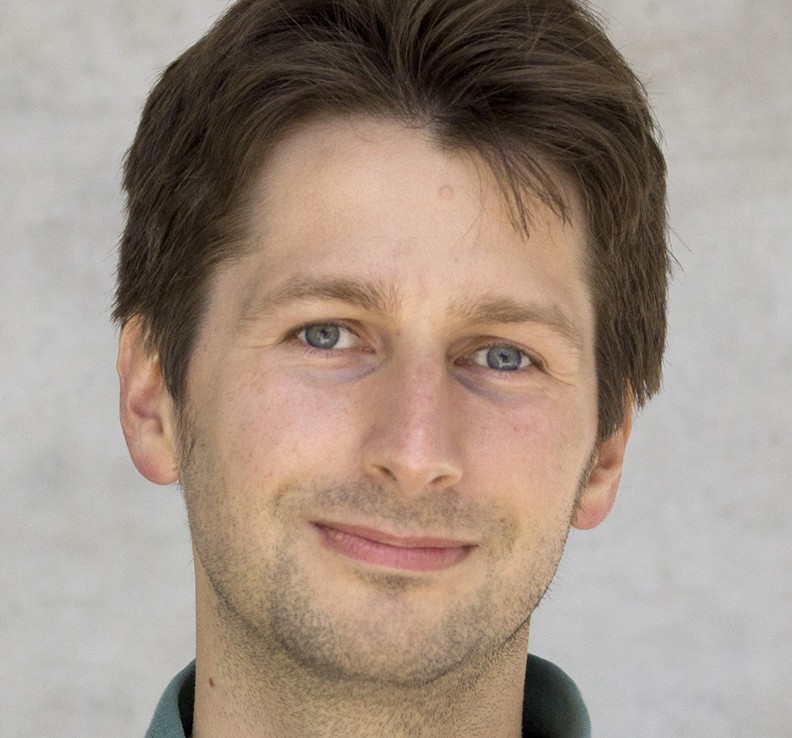
Scott
Genin
Scott Genin is the Vice President of Materials Discovery at OTI Lumionics Inc., where he manages the computational design and synthesis of novel materials for organic light emitting diodes. As part of his role, he leads the development of algorithms to simulate molecules and material properties on quantum computers. Scott has a B.A.Sc in Chemical Engineering and Chemistry from Queen’s University and a Ph.D. from the University of Toronto. Scott previously worked in the pharmaceutical industry prior to joining OTI.
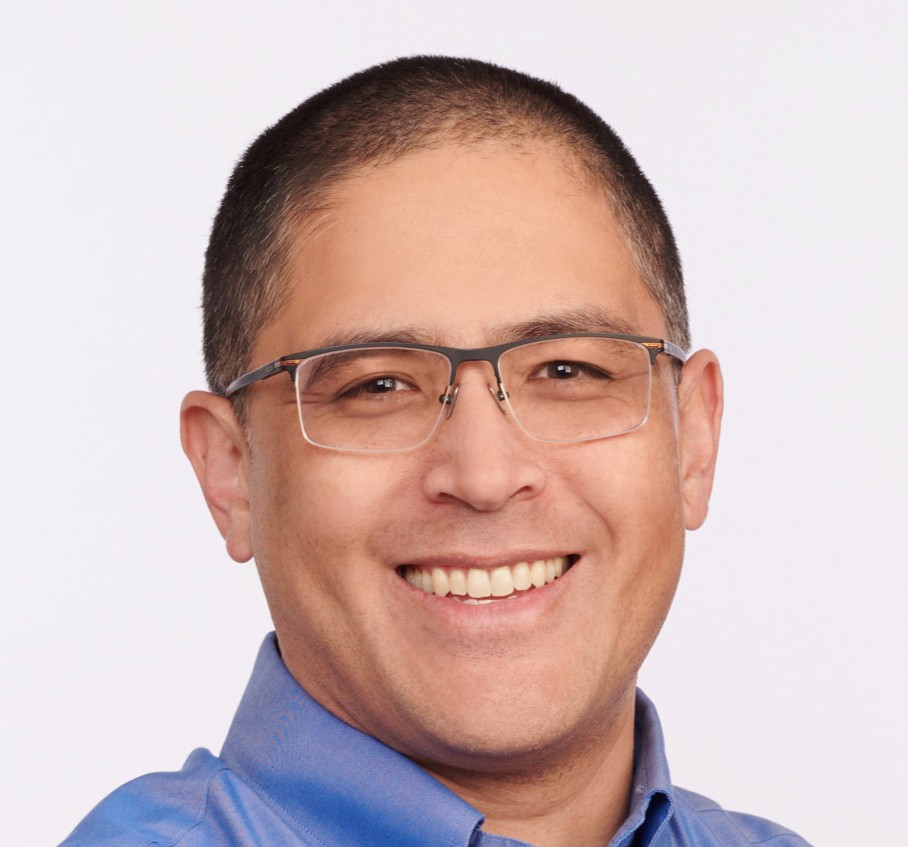
Justin
Ging
Justin Ging is the Chief Product Officer at Atom Computing, where he is driving commercialization of quantum computers based on atomic arrays of neutral atoms.
Prior to joining, Justin was the Chief Commercial Officer for Honeywell Quantum Solutions, where he led marketing and business development activities. Justin previously led Marketing teams at Samsung, Aptina Imaging, and Analog Devices, driving development and adoption of cutting-edge semiconductor products. Justin has also held Engineering roles at Bell Labs and Lockheed Martin.
Justin holds multiple degrees from MIT including an MBA, Bachelor’s and Master’s degrees in Electrical Engineering and Computer Science, and a Master’s degree in Materials Science.
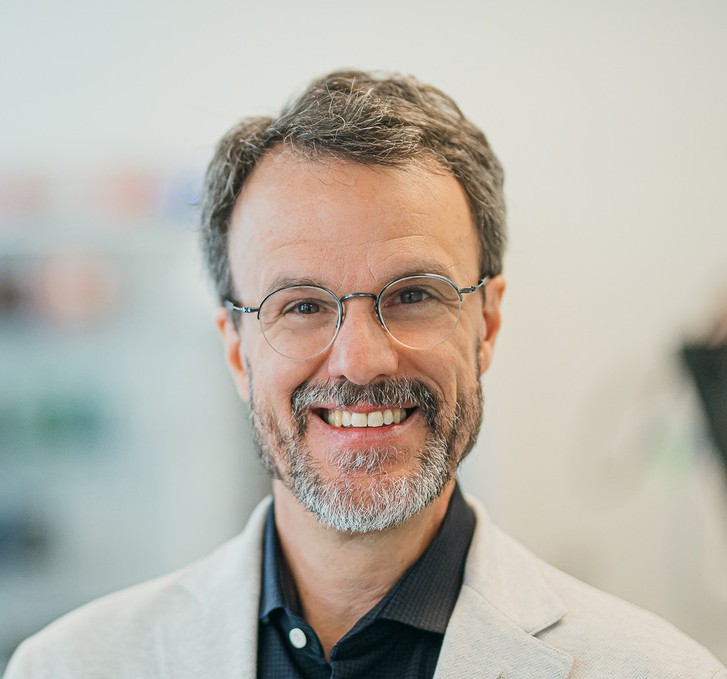
Nicolas
Godbout
Director of the Transdisciplinary Institute for Quantum Information (INTRIQ)
Co-Founder of Castor Optics
Nicolas Godbout is Director of Engineering Physics at Polytechnique Montréal, Director of the Transdisciplinary Institute for Quantum Information (INTRIQ) as well as Co-Founder of Castor Optics. Throughout his career in the private and public sectors, he tackled research and development projects harnessing optical fibers for applications in telecommunications, biomedical engineering and quantum information. He has been an active researcher in quantum information for twenty years and is now active in advocating the development and adoption of quantum technologies.
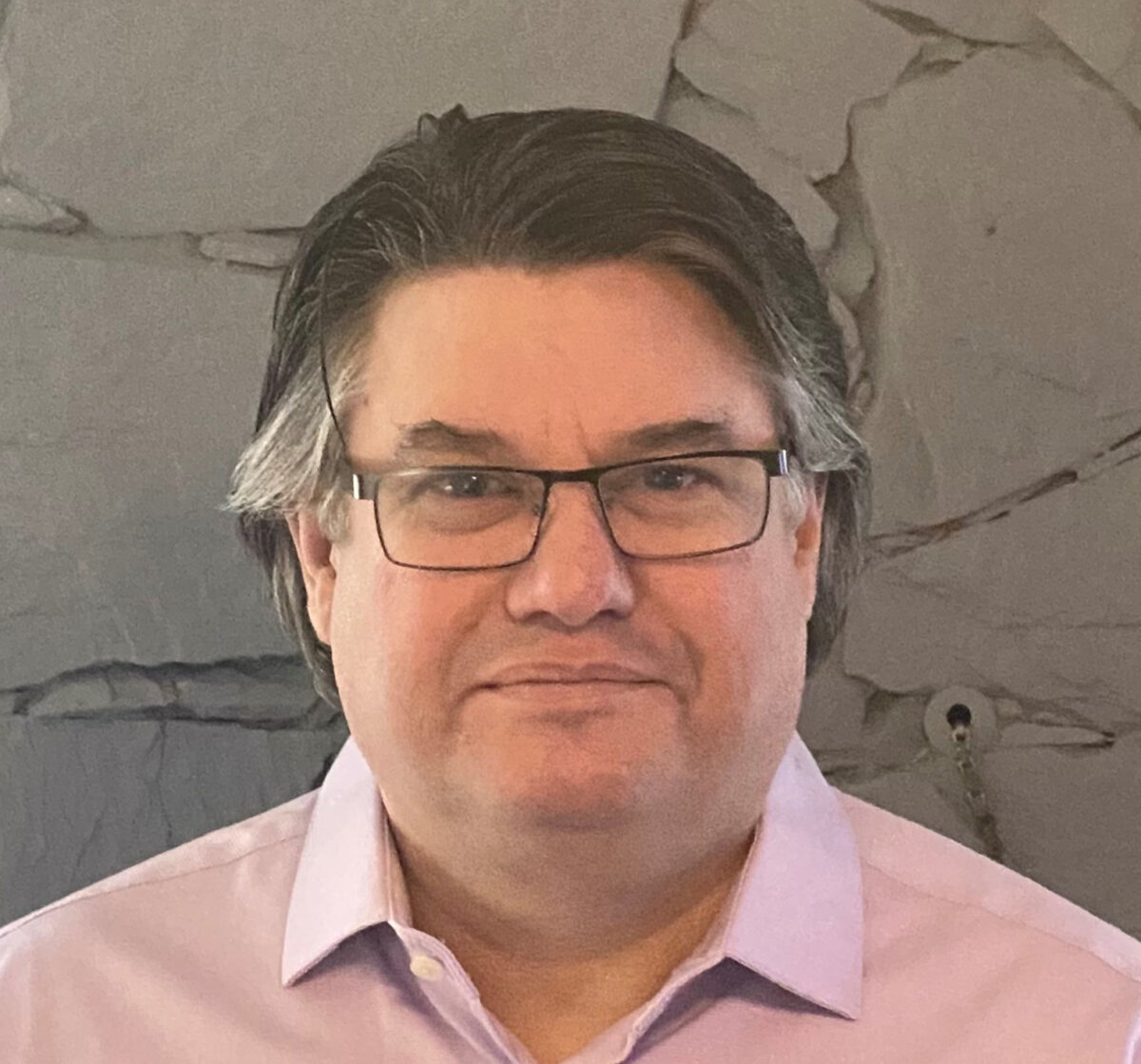
Dennis
Green
Dennis Green formed South Arm Training and Development in October of 2019, after over 30 years in the tourism and hospitality industry, in both operational and strategic workforce development roles, including 12 years at go2HR, BC’s tourism HR association.
Dennis continues to study competency and certification systems and frameworks in use around the globe and is passionate about the intersection of the world of work, technology, and learning. Since forming South Arm Training and Development, Dennis has focused on competency framework development, prior skill recognition, and training and certification strategies with organizations across Canada and internationally.
In 2021, Dennis co-authored the Open Competency Toolkit with Carolyn Levy from Blank Design, which provides the contextual background, a proven approach, and templates for creating robust competency frameworks. The toolkit is the first Open Educational Resource and Open Textbook on competency framework development in Canada.
Dennis was also very active in the IEEE Working Group P1484.20.2 – Recommended Practices for Defining Competencies as an executive committee member and lead editor/facilitator for a collaboratively authored international standards document with input and participation from over 50 leading experts in competency development and learning technologies.
South Arm Training and Development has been supporting the Quantum Algorithms Institute since November 2023 to identify the skills and training required for the quantum workforce in BC and Canada, and to develop typical role profiles and a toolkit for the development of QAI’s professional development offerings.
South Arm Training and Development is based in Delta, British Columbia and Dennis is grateful to work, live, and play on the unceded traditional territory of the Katzie, sc̓əwaθenaɁɬ təməxʷ (Tsawwassen), S’ólh Téméxw (Stó:lō), W̱SÁNEĆ, Kwantlen, and Stz’uminus people.
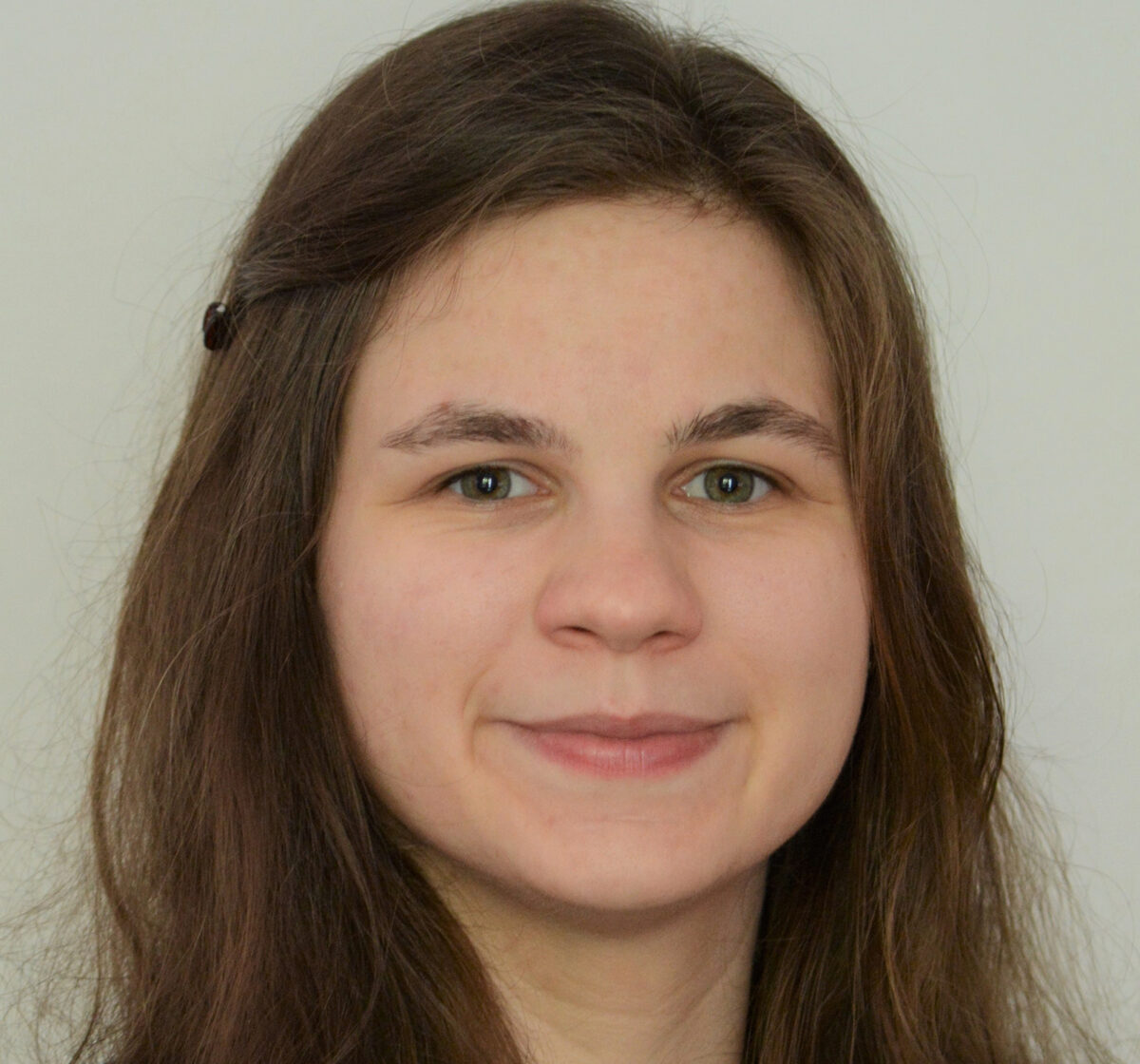
Franziska
Greinert
Franziska Greinert is a doctoral researcher at the Technical University of Braunschweig working on quantum technology education and workforce development for the European project QUCATS, the Quantum Flagship coordination and support action. Her research focuses on analyzing the educational needs of industry in the context of quantum technologies, for which she conducted more than 30 interviews with industry representatives from across Europe. Integrating the findings, Franziska is the driving force behind the European Competence Framework for Quantum Technologies, a tool for planning, mapping and comparing educational activities or personal qualifications, and a first step towards standardizing education and training in quantum technologies.
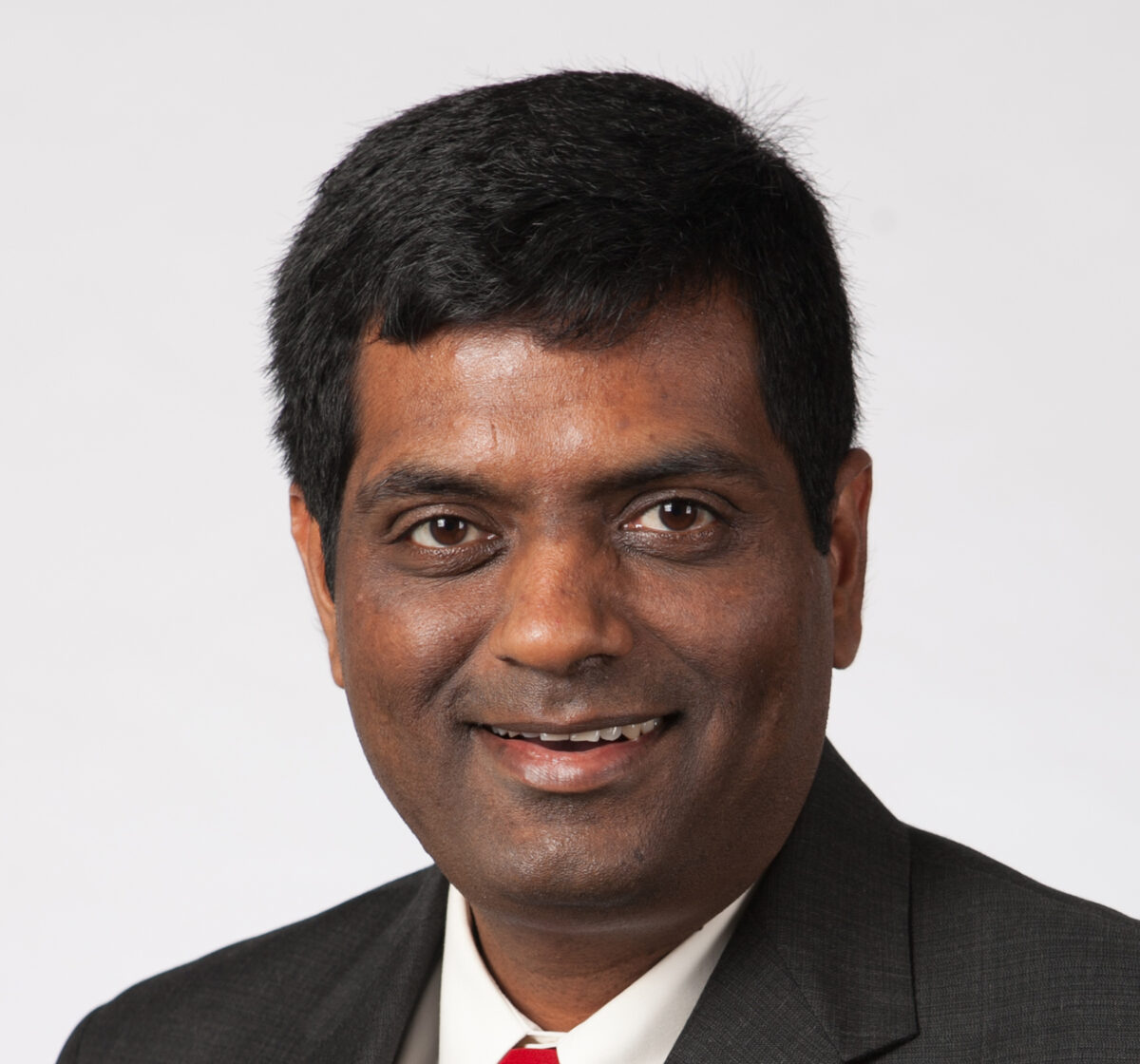
Deepak
Gupta
Dr. Deepak S. Gupta is the Associate Vice President, Research and Innovation at Kwantlen Polytechnic University, British Columbia, Canada. He is also the Interim Chief Learning Officer at Quantum Algorithms Institute in British Columbia, Canada. Over the course of his award-winning career across US and Canada, he has held research, innovation, and entrepreneurship leadership roles in many academic and industry organizations impacting multiple sectors. He has also led training initiatives for professional, graduate, and industry audiences. Deepak has a doctorate in chemical engineering and has published and presented extensively. He can be found on LinkedIn at www.deepaksgupta.com.
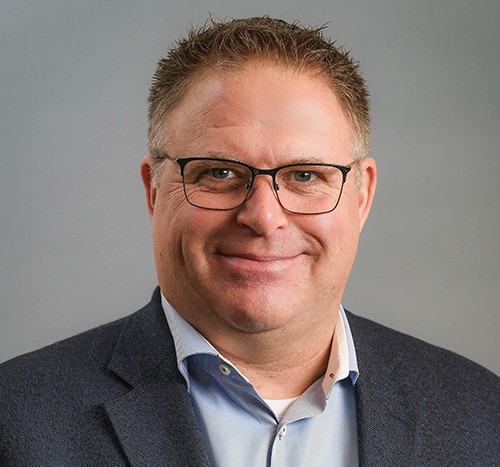
Chris
Hickman
Chris Hickman is the Chief Security Officer at Keyfactor. As a member of the senior management team, Chris is responsible for establishing & maintaining Keyfactor’s leadership position as a world-class, technical organization with deep security industry expertise. He leads client success initiatives and helps integrate the voice of the customer directly into Keyfactor’s platform and capability set.
Chris previously held the position of Director of Technical Services at Alacris, an Ottawa based smartcard and certificate management company, which was sold to Microsoft and is now part of the Microsoft Identity Manager product suite. Chris has worked on PKI projects for organizations and firms including NATO, both the U.S. and Canadian Departments of Defense, Fortune 100 banks and financial institutions, manufacturers, insurance companies, telecommunication providers and retailers. He continues to be a trusted resource for enterprises looking to leverage digital certificates within existing portfolios and new product development.
Chris lives in Ottawa, Canada and enjoys traveling with his family, working on classic cars, and photography.
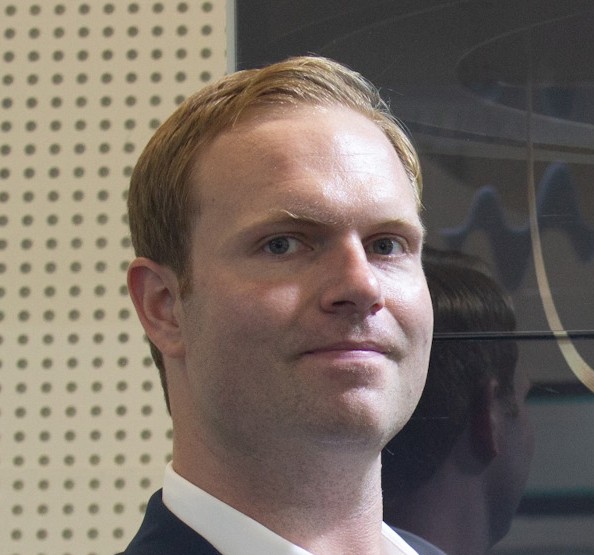
Eric
Holland
Dr. Eric T. Holland is the Director of Strategic Initiatives in Keysight Technologies’ Quantum Engineering Solutions group. He has extensive experience in the design, development, and deployment of Josephson junction based superconducting quantum processors. Dr. Holland’s previous roles include, serving as Fermilab’s Deputy Director of Quantum Technology as well as Lawrence Livermore National Laboratory’s Chief Quantum Hardware & Application Architect. Additionally, Dr. Holland serves on the US Quantum Economic Development Consortia Executive Steering Committee as well as is an industry executive on the Princeton Quantum Initiative. He holds a Ph.D. from Yale University and a B.A. of physics from Saint Anselm College.
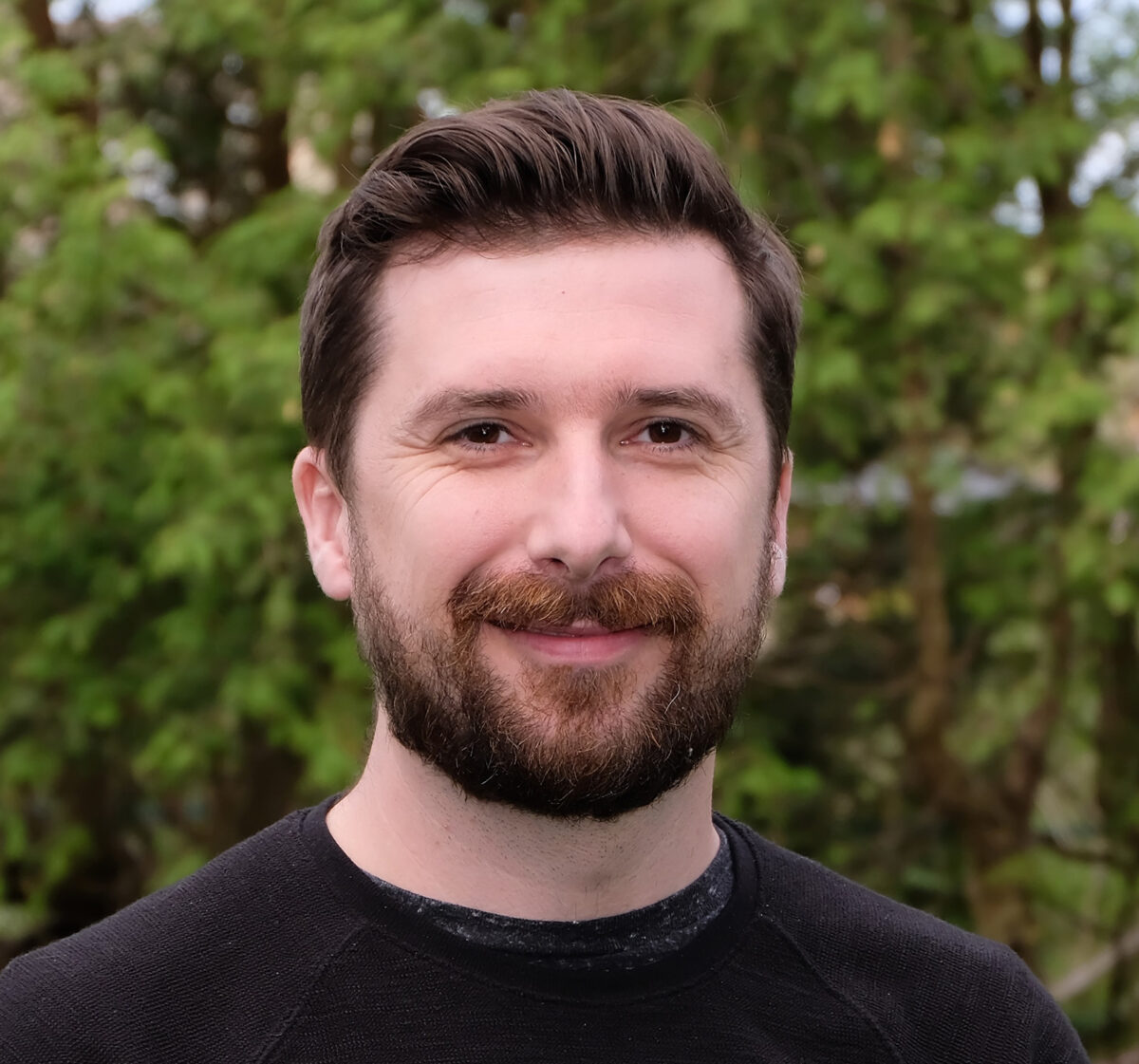
Rafal
Janik
Rafal Janik is the Chief Operating Officer at Xanadu, where he leads the commercialization of Xanadu’s quantum computing technology. He has over 12 years of experience leading software and machine learning teams in both large enterprises and high growth startups to bring cutting edge technologies to market. Rafal works closely with national governments and large enterprises to develop quantum adoption strategies and policies.
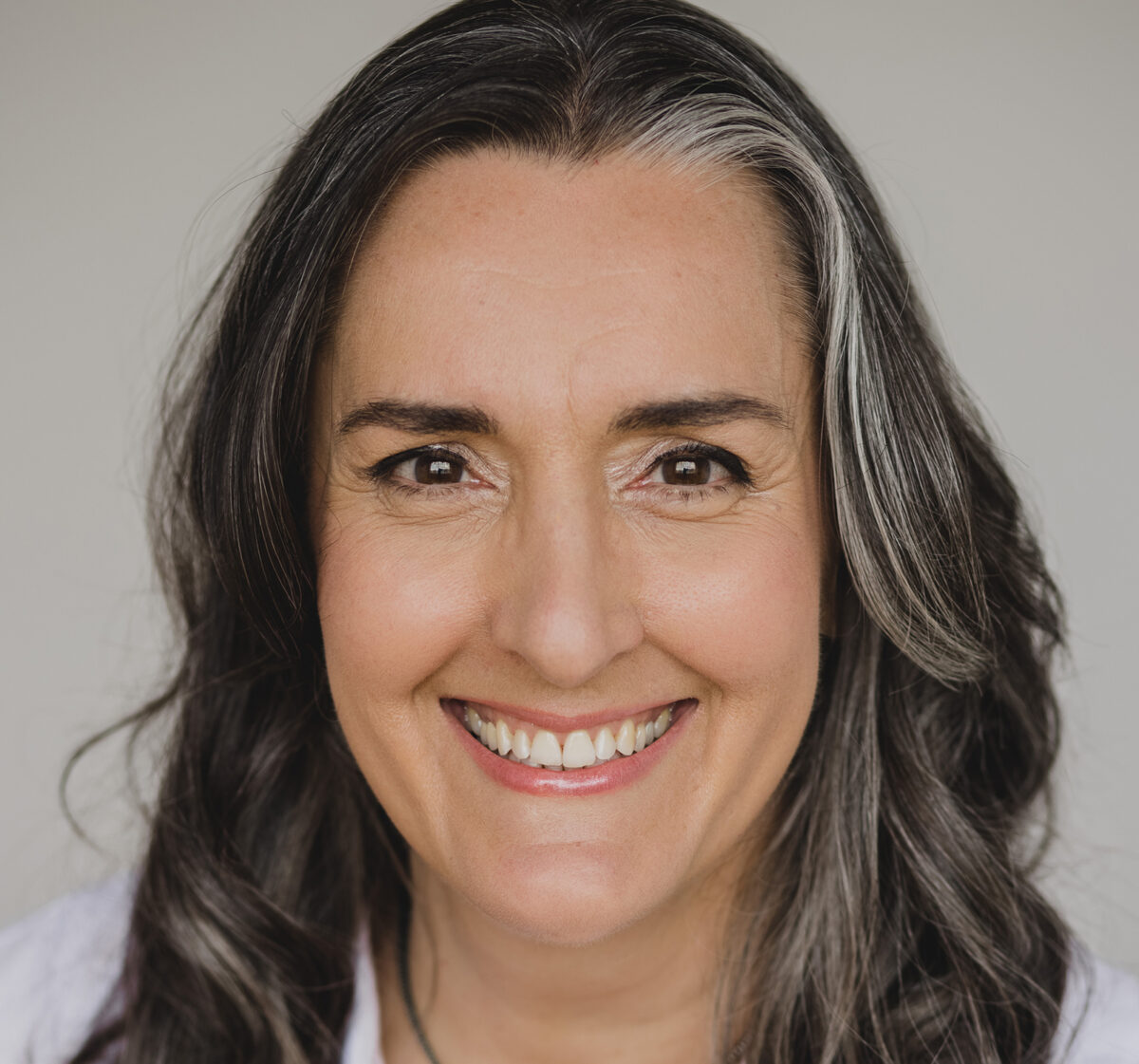
Sarah
Jenna
Sarah Jenna completed a PhD in Cellular and Molecular Biology at Aix-Marseille I University, in France in 1998 and professional training from MIT on opportunities for the sustainable development industry in 2023. She has worked in the academic field for more than 20 years, at McGill University, at the Genome Quebec Innovation Center, and as Canada Research Chair in Integrative Genomics and Cell Signaling at the University of Quebec in Montreal (UQAM). During this period, she participated in the founding of two university research centers in drug discovery, Pharmaqam and the Réseau Québécois de Recherche sur le Médicament (RQRM). In 2016, she co-founded and led My Intelligent Machines Inc., a startup developing artificial intelligence solutions applied to drug development from a precision medicine perspective. She has also worked as a coach, mentor and instructor in numerous startup acceleration programs in high technologies and life sciences, Lab2Market, Techstar, District3, ACET. In September 2023, she became general director of QV studio, a startup studio whose mission is to create and de-risk startups developing and commercializing quantum technologies.
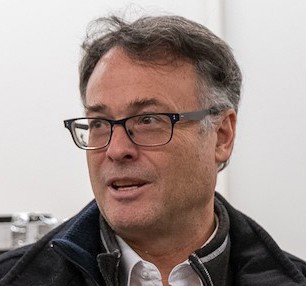
Thomas
Jennewein
Dr. Jennewein’s research vision is to build capable and scalable quantum communication technology for long range and satellite quantum networks. Dr. Jennewein has been a leader in investigating space-based quantum communications for many years, and he leads the Canadian Satellite mission called Quantum EncrYption and Science Satellite (QEYSSat), which aims to demonstrate quantum communication and Quantum Key Distribution (QKD) between space and ground with stations across Canada and internationally. Dr. Jennewein led the first three-photon interference, an important fundamental advance for the field of quantum optics recognized by Physics World as one of the Top 10 breakthroughs of 2017. In 2023 he was awarded a Canadian Excellence Research Chair for Global Quantum Internet Systems, which he holds at the Simon Fraser University.
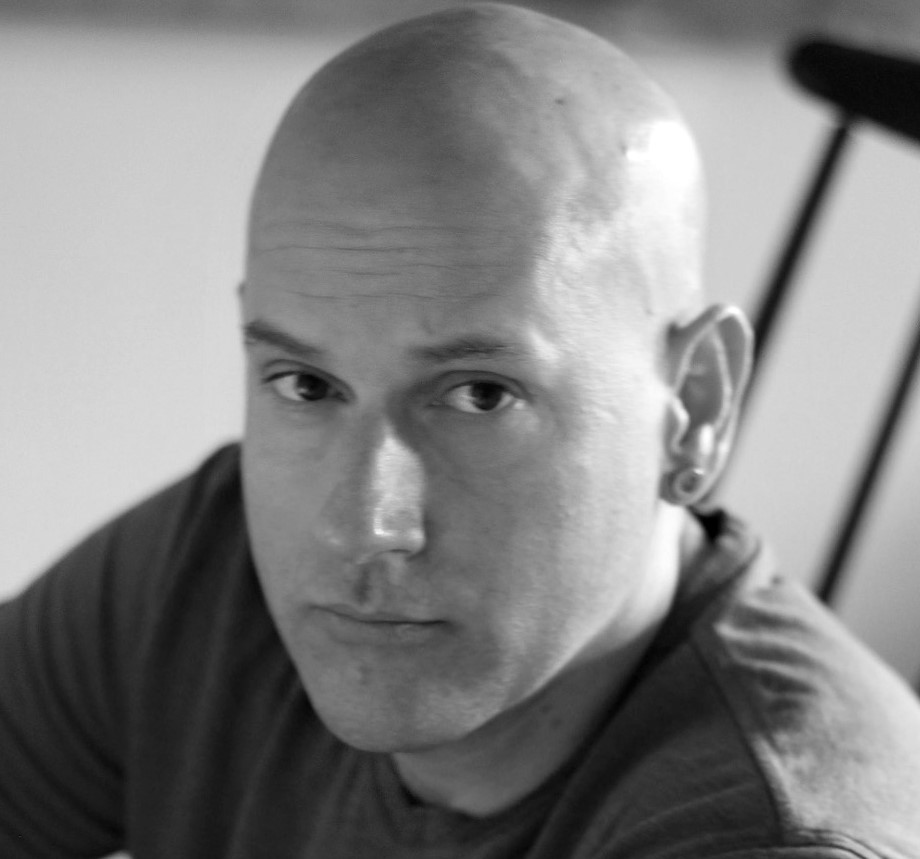
Helmut
Katzgraber
Helmut Katzgraber is the Global Practice Lead (Quantum) of the Amazon Quantum Solutions Lab. After spending the better part of his life innovating in academia with a focus on the development of new algorithms to unlock some of the mysteries of the most complex physics problems, he moved to industry in 2018 leading quantum solutions at Microsoft and launching Azure Quantum. Since 2020 he leads a team of interdisciplinary scientists at Amazon Professional Services that focuses on finding creative solutions to our customers hardest problems.
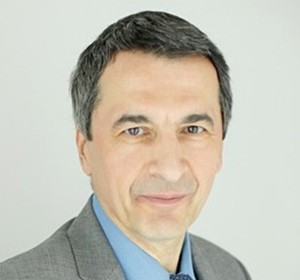
Zoran
Krunic
Since joining Amgen R&D in 2018, Zoran Krunic has been at the forefront of applying Machine Learning to enhance patient outcomes and streamline clinical trial enrollment processes, utilizing comprehensive Electronic Health Records and clinical datasets. His pioneering work in the Quantum Machine Learning space, in collaboration with IBM’s Quantum team, has been instrumental in integrating machine learning with quantum computing through IBM’s Qiskit platform.
Building on these foundations, Zoran has broadened his research scope to deepen the study of quantum kernels, scrutinizing their effects on the variability and reproducibility of small clinical datasets. Additionally, he has launched several innovative projects within the quantum computing sphere. These initiatives go beyond quantum kernels, delving into various facets of Quantum Machine Learning (QML) and the wider Quantum Computing disciplines, all aimed at advancing the integration of Quantum Computing within pharmacology.
Prior to his tenure at Amgen, Zoran developed Machine Learning algorithms at Optum to predict hardware and software failures within complex enterprise architectures. He has a strong background in data engineering and systems development, having contributed significantly to large-scale projects at renowned organizations such as Capital Group and ARCO Petroleum.
In his current full and part-time endeavors, Zoran is leading the efforts in embracing generative AI technologies, with a particular focus on OpenAI’s GPT and Anthropic’s Claude models. His work is focused on prompt engineering and its application to code generation, advanced document analysis, and process management, with a commitment to ethical AI practices and data privacy. Most recently, the work has expanded to include reproducibility and the potential for auto-labeling using generative AI.
A recognized voice in quantum computing circles, Zoran is a regular presenter at industry conferences and has served on numerous panels discussing the integration of quantum computing and generative AI within the Health Sciences sector, with a firm belief that the integration of these new technologies will be deep and comprehensive.
With a Master of Science in Electrical Engineering & Computer Science, Zoran continues to explore and contribute to the evolving relationship between quantum computing and artificial intelligence, fostering groundbreaking advancements in healthcare technology.
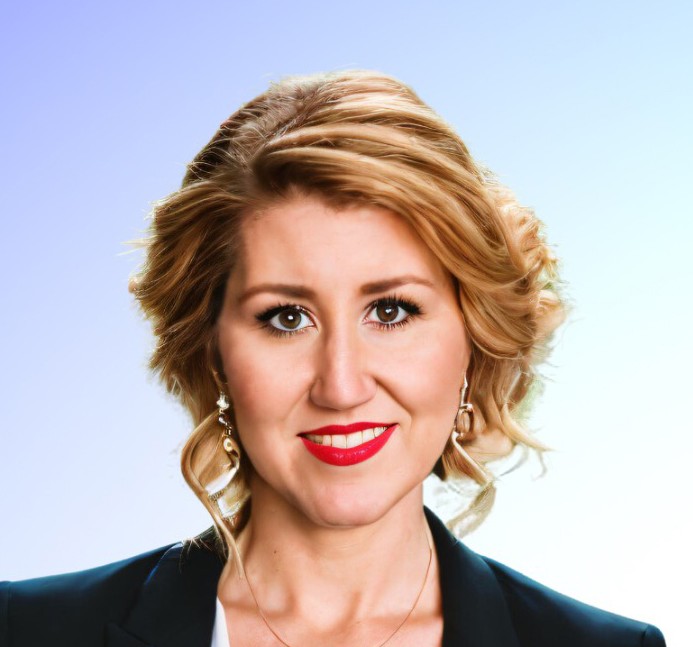
Lisa
Lambert
Lisa Lambert is the inaugural CEO of Quantum Industry Canada (QIC), the national consortium that unites quantum technology companies and allied organizations. Under her leadership, QIC is dedicated to unlocking the full potential of Canada’s quantum sector, aiming to advance the country’s position as a global leader in quantum innovation and commercialization while enhancing national prosperity.
Throughout her career, Lisa has been a pioneer of collaborative innovation at the intersection of science, technology, and society. She has spearheaded trailblazing projects worldwide, working with leading minds and organizations. Her notable roles at TRIUMF and the Perimeter Institute have been instrumental in fostering partnerships that propel scientific discovery, practical applications, and public engagement.
Lisa is driven by the belief that we’ve all got a part to play in shaping a bright future, with innovation as our pathway to progress. At QIC, she’s putting this belief into action, guiding the consortium to open up new possibilities and ensure that Canada’s quantum industry plays a pivotal role in the country’s prosperity and contributes significantly to the global landscape.
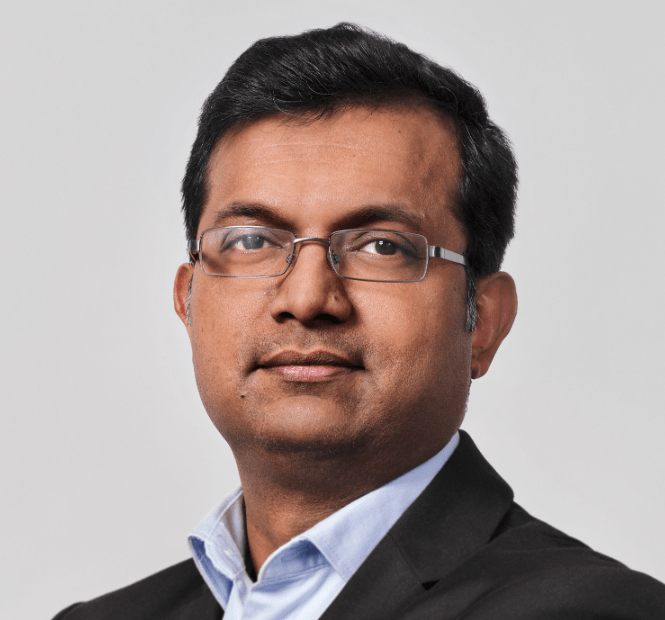
Himadri
Majumdar
Himadri Majumdar is the CEO and co-founder of SemiQon, a spin-off from VTT in Finland. SemiQon builds silicon-based quantum processors for the million-qubit era. SemiQon operates out of the Otanano/Micronova pilot microelectronics fabrication centre in Espoo, Finland. Prior to founding SemiQon he was the Program Manager for Quantum Technologies at VTT. In his role he helped companies in quantum technology domain – especially fabless start-ups – to utilize VTT’s R&D expertise and infrastructure in quantum technologies. Himadri was also a founding member of the Finnish Quantum technologies ecosystem, InstituteQ, and led the business arm of the ecosystem, BusinessQ. His ambition is to see Quantum technology becoming a Finnish and European success story and make the European quantum ecosystem grow even stronger through cooperation within various European initiatives in the sphere. Himadri has 20 years of experience in innovation and innovation management and is also trained as an experimental physicist.
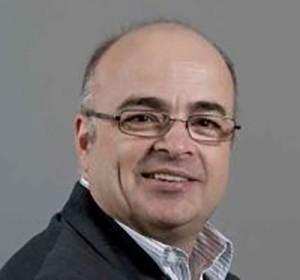
Jacques
Mc Neill
Jacques Mc Neill is coordinator of the Quantum Communication initiative at Numana, a Think-Tank for emerging technologies. During previous activities as an entrepreneur, he has often participated in early-stage activities of new innovations development activities during the valley-of-the-death phase. Within his past mandates, he has promoted new technological initiatives and foster partnerships between companies and universities.
His current mandates relate to implementation of Kirq, the Québec Quantum communication network and development of related commercial applications for Numana. Recently, he was an advisor to several innovative SMEs and multi-partner R&D projects such as ENCQOR, a testbed focused on the deployment of 5G technologies; LabVI, the 1st open-air laboratory for intelligent life in Canada; IEEE’s Sustainable Development ICT initiative; And Quebec’s Green ICT Equation project.
Mr. Mc Neill graduated from McGill University with a BSc in science and a MBA in Marketing and International Business, which lead to his career as a high-tech entrepreneur. He has occupied Board of Director mandates for small companies as well as research organizations like RESMIQ and Prompt, including being its chairman for 2 mandates and been member of consulting groups in the digital economy space.
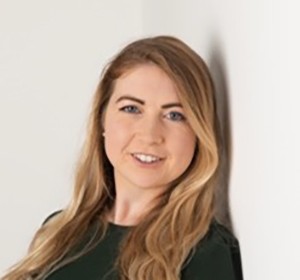
Sarah
McCarthy
Sarah McCarthy is a quantum-secure cryptography specialist with a focus on practical solutions for current and future communications networks.
She has earned widespread recognition for her expertise in global QKD networking, advanced lattice-based primitives, and vehicle-to-vehicle communications. Recently, she was named as one of the Top 50 Women in Quantum by The Quantum Insider.
Sarah earned her PhD from Queen’s University Belfast and then completed a Postdoctoral Fellowship at the Institute for Quantum Computing, part of University of Waterloo, where she remains an affiliate.
As cryptographic strategist at evolutionQ, she drives the development of quantum-safe network solutions and raises awareness about the importance of preparing for the quantum computing era. Her clear and responsive presentation style make her a popular speaker at events worldwide, including DEFCON, the International Cryptographic Module Conference and Inside Quantum Technology in The Hague.
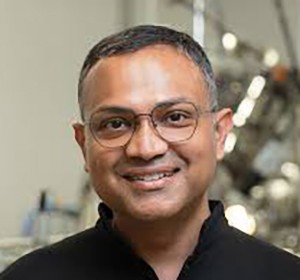
Manas
Mukherjee
Principal Investigator & Associate Professor Principal Investigator & Associate Professor, Centre for Quantum Technologies
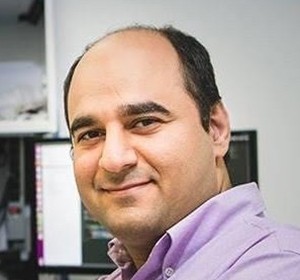
Alireza
Najafi-Yazdi
Dr. Alireza Yazdi is the founder and CEO of Anyon Systems, a leading quantum computing hardware company based in Montreal, Canada. Alireza has over 15 years of experience in massively parallel computing, computational fluid dynamics, and quantum computing. Alireza is also an adjunct professor of Engineering at McGill University, where he supervises doctoral students working on quantum computing. Prior to founding Anyon, Alireza was a postdoctoral research fellow at McGill University, and RWTH Aachen.
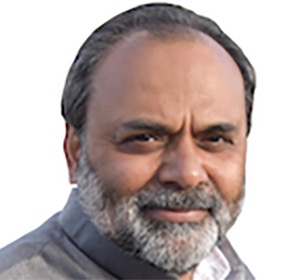
Satyam
Priyadarshy
Former Technology Fellow of Halliburton
Dr. Satyam Priyadarshy, the CEO of Reignite Future, USA, is a transformational leader who has left an indelible mark on the industry and educational and research institutes. Notably, he was the first Chief Data Scientist of the Oil and Gas/Energy Industry, a testament to his groundbreaking contributions. Previously he was the Technology Fellow and Chief Data Scientist at Halliburton and has held leadership roles at Acxiom Corporation, Network Solutions, AOL and others. His work or profile has appeared in many magazines, including Chemical and Engineering News, The Scientist, Silicon India, Oil Review Middle East, Petroleum Review, World, Journal of Petroleum Technology, RigZone, and Forbes, among others. His work has been the subject of a number of books by O’Reilly. He has received numerous industry accolades and has also appeared in media like Forbes, CNBC, DEW Journal, and others. He has delivered over 150 keynote talks globally. He is the author of over 56 papers and ten patents. Dr. Priyadarshy was named the 2021-2022 (Society for Petroleum Engineers) SPE Distinguished Lecturer.
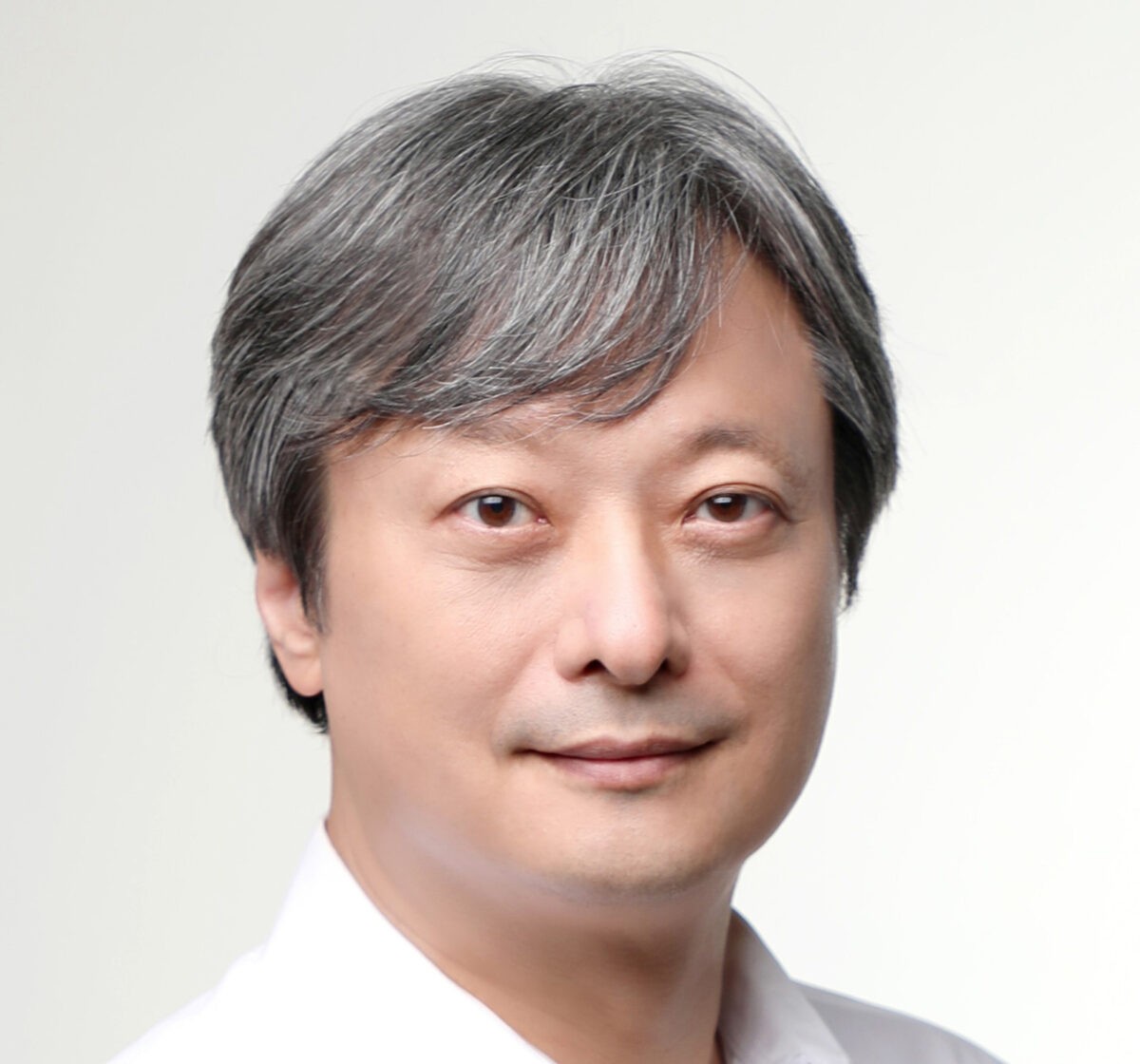
Kevin (June-Koo)
Rhee
Professor of Electrical Engineering, KAIST
Dr. June-Koo Kevin Rhee has been a professor at KAIST, Korea, since 2005, and is a venture entrepreneur and CEO of Qunova Computing, Inc. He graduated from the University of Michigan, Ann Arbor, with Ph.D. in Electrical Engineering in 1995. He is currently focused on developing of quantum SW applications for chemistry modeling and AI machine learning in both academia and industry. He serves as the Vice Chair of Korea Quantum Industry Association since 2022.
Throughout his career, he has help various research and teaching positions in quantum computing, quantum optics, and quantum information since 1995, including work experiences at Princeton University (1995-1996), NEC Research Institute (1996-1998), Corning Incorporated (1998-2002), and Samsung Advanced Institute of Technology (2003-2005). He founded and led the KAIST IT Research Center of Quantum Computing for AI from 2018 to 2022, and Qunova Computing since 2021.
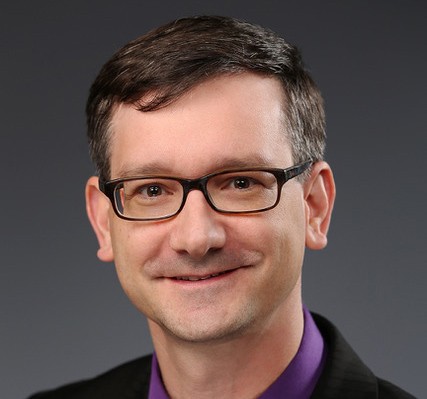
Michael
Rosenblatt
Michael Rosenblatt is the Director of the National Quantum Strategy (NQS) Secretariat in Innovation, Science and Economic Development Canada (ISED). His group is responsible for policy development and co-ordination of the implementation of the NQS, both domestically and internationally. Michael has a Ph.D. in Public Administration from Carleton University, a M.A. in Public Policy from McMaster University and an Honours B.A. from Wilfrid Laurier University in Political Science and Business.
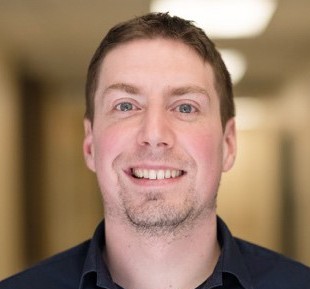
Christian
Sarra-Bournet
Christian Sarra-Bournet is the executive director of the Institut quantique (IQ) of Université de Sherbrooke since its inception in 2015. IQ is a research community with 300+ members that brings together experts in quantum materials, quantum information and quantum engineering. Christian is one of the architects of the $33.5M From Quantum Science to Quantum Technologies initiative. This ambitious project was one of five selected in Canada for the inaugural competition of the Canada Research First Excellence Fund. Since then, he has made significant contributions to the development of quantum science and technology research and training, notably with the establishment of the first IBM Quantum Innovation Center in Canada and the first francophone bachelor’s degree in quantum information science in the world at Université de Sherbrooke. Christian is on the governing board of DistriQ, the Quantum Innovation Zone of Sherbrooke and the governing board of QVStudio, a quantum startups accelerator.
Christian holds a Ph.D. degree in materials engineering from the Université Laval, Canada and a Ph.D. degree in electrical engineering from the Université de Toulouse, France.
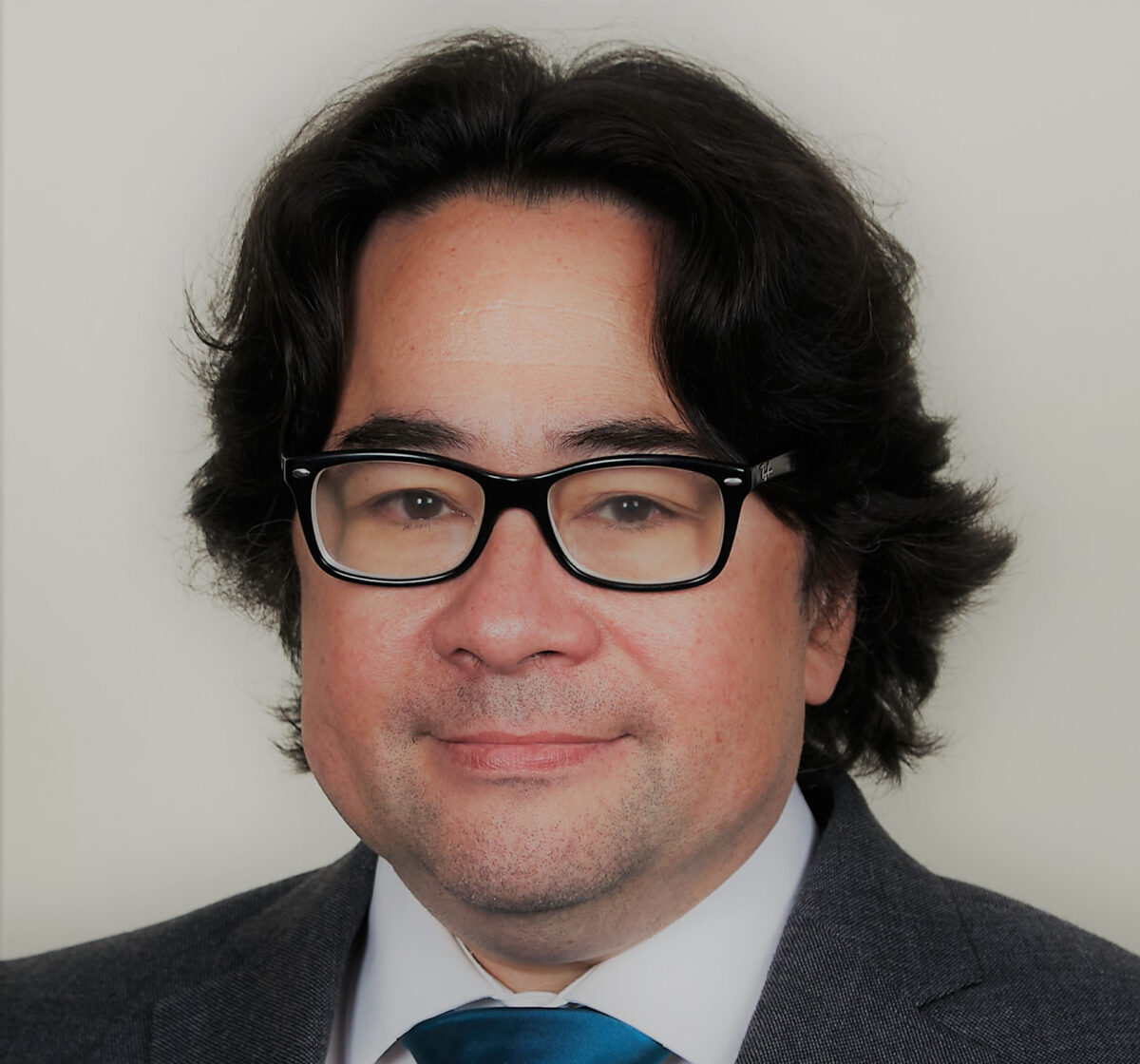
Daniel
Shiu
Dr. Daniel Shiu moved from being an academic pure mathematician to a twenty-year career at GCHQ. There he won multiple prizes for enabling a range of capabilities and outcomes for both the intelligence and security missions. His roles included the Head of Mathematics Research for Cryptographic Design and Quantum Information Processing and the Head of the Heilbronn Institute for Mathematical Research. He helped to establish the cryptographic credentials of the National Technical Authority when the NCSC was stood up and helped to set-up the UK Quantum Technologies Programme as well as sitting on its Programme Operations Board. More recently he has moved to industry where he is the Chief Cryptographer at Arqit. Here he has worked to provide demonstrable proof of the security of their approach and forge technical partnerships with other major tech companies, governments and academia. He continues to research in statistics, cryptography, quantum information, number theory and information theory.
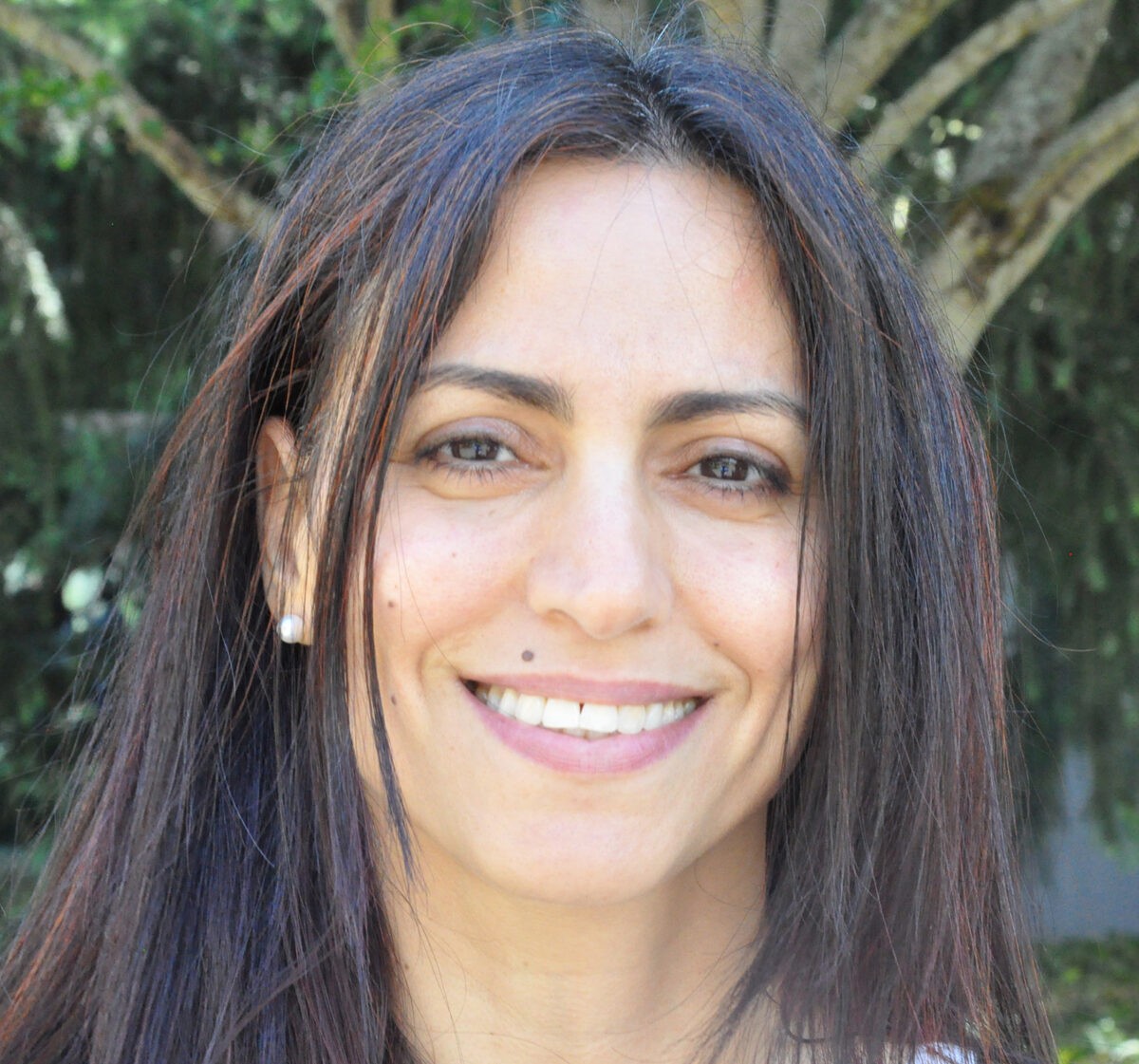
May
Siksik
Dr. May Siksik is the Chief Executive Officer at the Canadian Innovation Network. Dr. Siksik has previously served as the Chief Technology Officer at Deep Tech Canada and led Business Development at the Quantum Algorithms Institute. She has extensive experience in research and commercialization and has served as part of the Expert Committee for Canada‘s National Research Council’s Applied Quantum Computing Challenge Program. May has contributed to the Canadian innovation ecosystem and to the academic community through many successful initiatives.
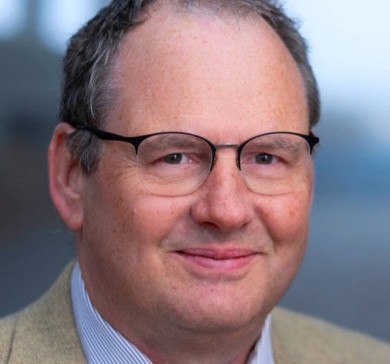
Paul
Terry
Experienced UK/Canadian entrepreneur, engineer, angel investor specializing in disruptive technologies—networking, storage, supercomputing, AI, and Big Data.
Dr. Paul Terry is founder/founding employee of 6 successful Canadian companies over 30 years – 1 NASDAQ public, 5 acquisitions. Cumulative valuation of 6 companies greater than $10bn to Canadian stakeholders. Technologies include telecoms, networking, supercomputing and big data. Past designations include Director Strategy Newbridge Networks (Alcatel), CTO of Abatis (Ericsson), CTO Canada of Cray Supercomputing (Octigabay); CEO of PHEMI. Paul holds a 1st Class Honours Degree in Physics/Engineering and a Ph.D. in Engineering from Liverpool University. He holds an MBA from Cranfield University.
Paul is a Corporate Director (ICD.D) has sat on 40+ technology boards. He has advised VCs, national defence and governments (federal and provincial, UK, US, Canada) on economic/technical/health/national defence strategies. Paul has spent 25 years on various non for profit boards – Providence Heath Care (PHC) (6 years), MSFHR – founding board member (12 years) and Genome BC (5 years) – chair of Genome BC industrial innovation sub-committee. Paul is an adjunct professor at SFU’s Beedie School of Business and an MBA lecturer at the SFU Beedie School of Business specialising in the area of value proposition design, startups and innovation.
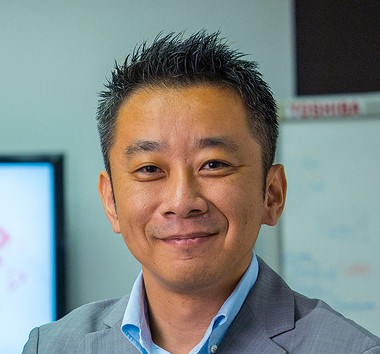
Hiroaki
Tezuka
Expert QKD Business Development Office, Toshiba Digital Solutions Corporation
Hiroaki Tezuka is the Chair of the Global Consortium Alliances Working Group in QSTAR which is the Japanese Quantum Alliance which was established in September 2021.
Since beginning of this alliance, he has been working for establishing global relationship with other global consortiums in the world.
He is also working as the QKD business development manager in Toshiba and leading many QKD testbed activities around the world.
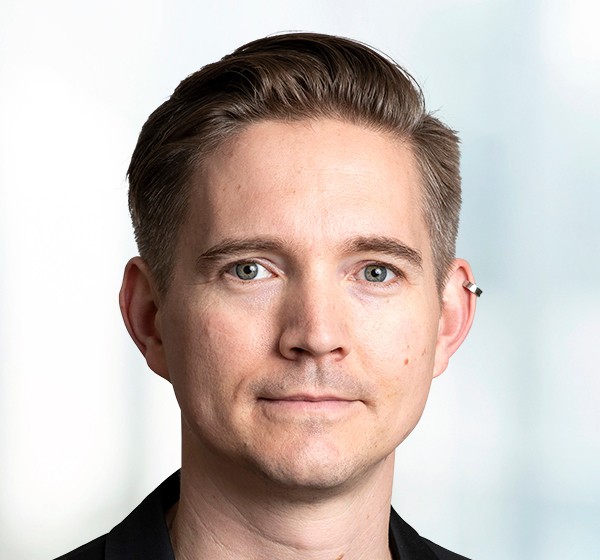
Murray
Thom
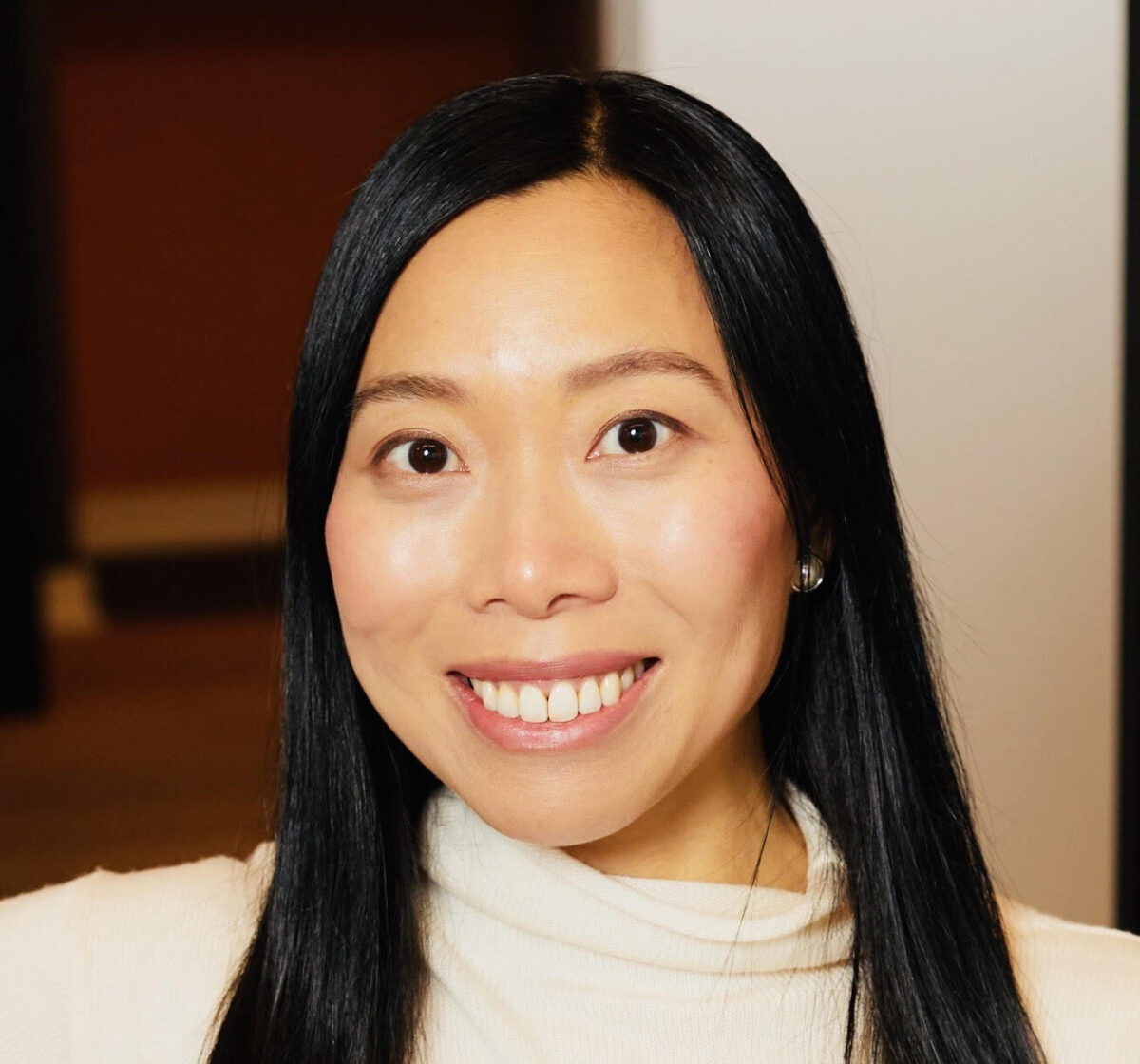
Margaret
Wu
Margaret Wu is a Lead Investor at Georgian, a growth stage investment fund in B2B software companies leveraging applied machine learning and artificial intelligence. In her role, she is involved in deal selection, due diligence, post investment support and board governance. Prior to joining Georgian, Margaret was a Senior Product Manager at Amazon and previous to this, she co-founded a biotech company called Uma Bioseed and served as the Chief Operating Officer at OneSpout. She started her career in enterprise software consulting at Accenture. Margaret completed a double degree in Environment and Business and Chemistry with an Economics Minor at the University of Waterloo and also earned an MBA at Cornell Johnston Graduate School of Management.
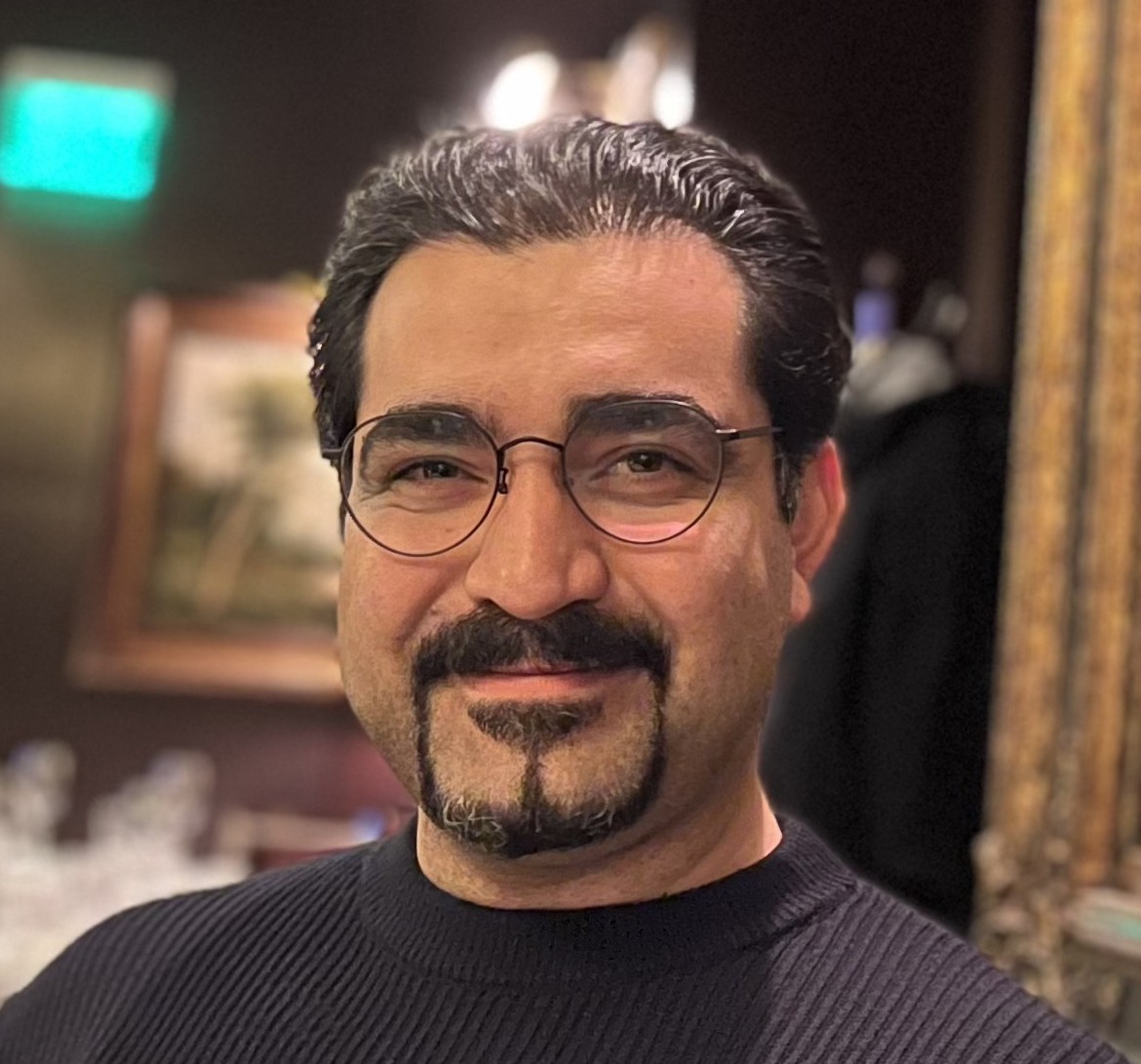
Arman
Zaribafiyan
Dr. Arman Zaribafiyan, head of product for AI Simulation platforms at SandboxAQ, is the founder and former CEO of Good Chemistry (acquired by SandboxAQ), the Vancouver-based software start-up combining cloud, AI and quantum computing to re-imagine the design and synthesis of new materials. Before founding Good Chemistry, he was the CTO at quantum software company 1QBit. Over the last decade, Arman has directed strategic partnerships and cutting-edge research and development collaborations with Fortune 100 companies such as Dow, Biogen, Mercedes Benz, AWS, Microsoft, and IBM in various roles as a technology and product leader. He received his PhD in Electrical and Computer Engineering from UBC, focusing on quantum information science, and he was the recipient of a prestigious Mitacs fellowship for his research on hybrid quantum computing.


